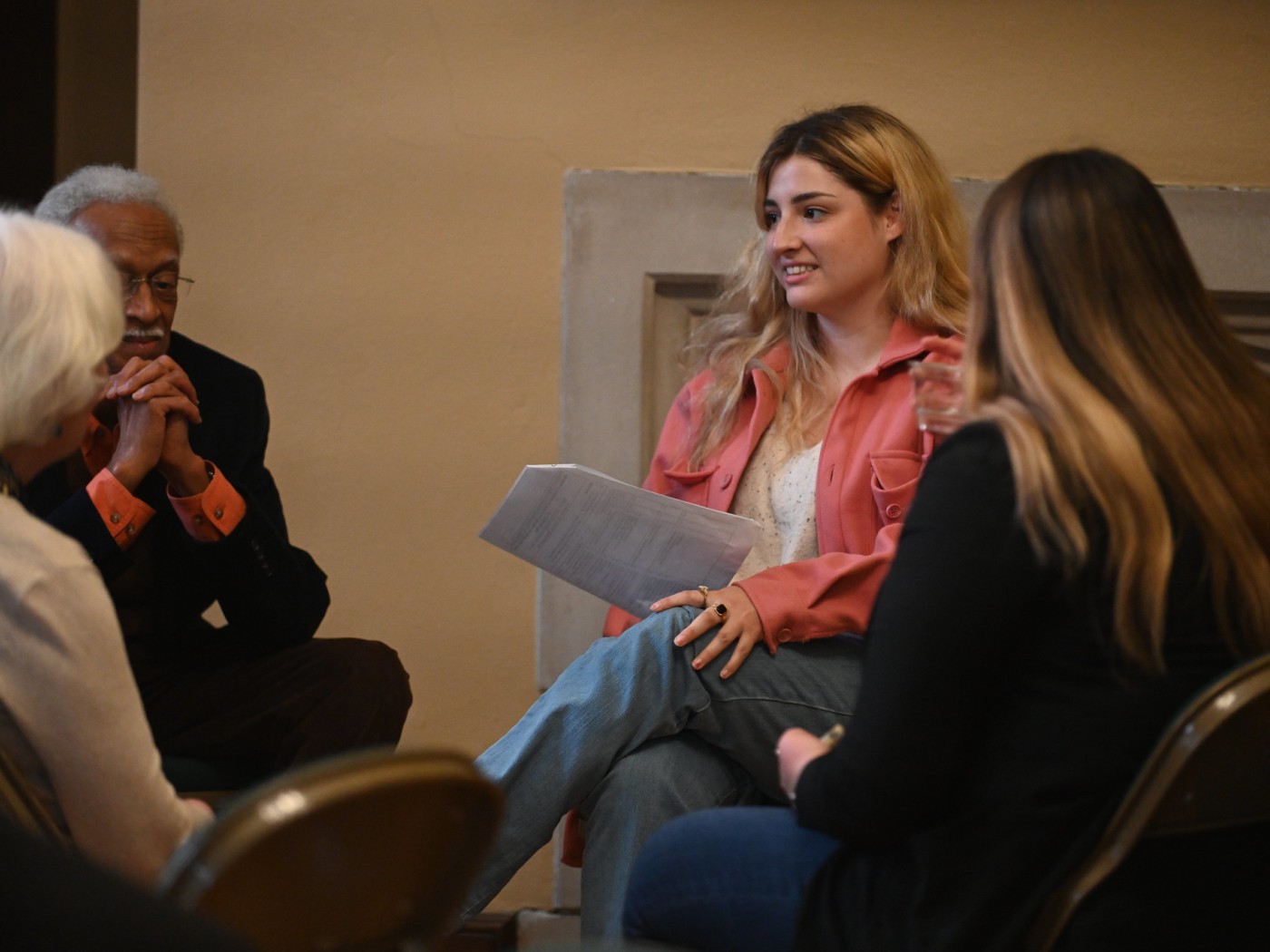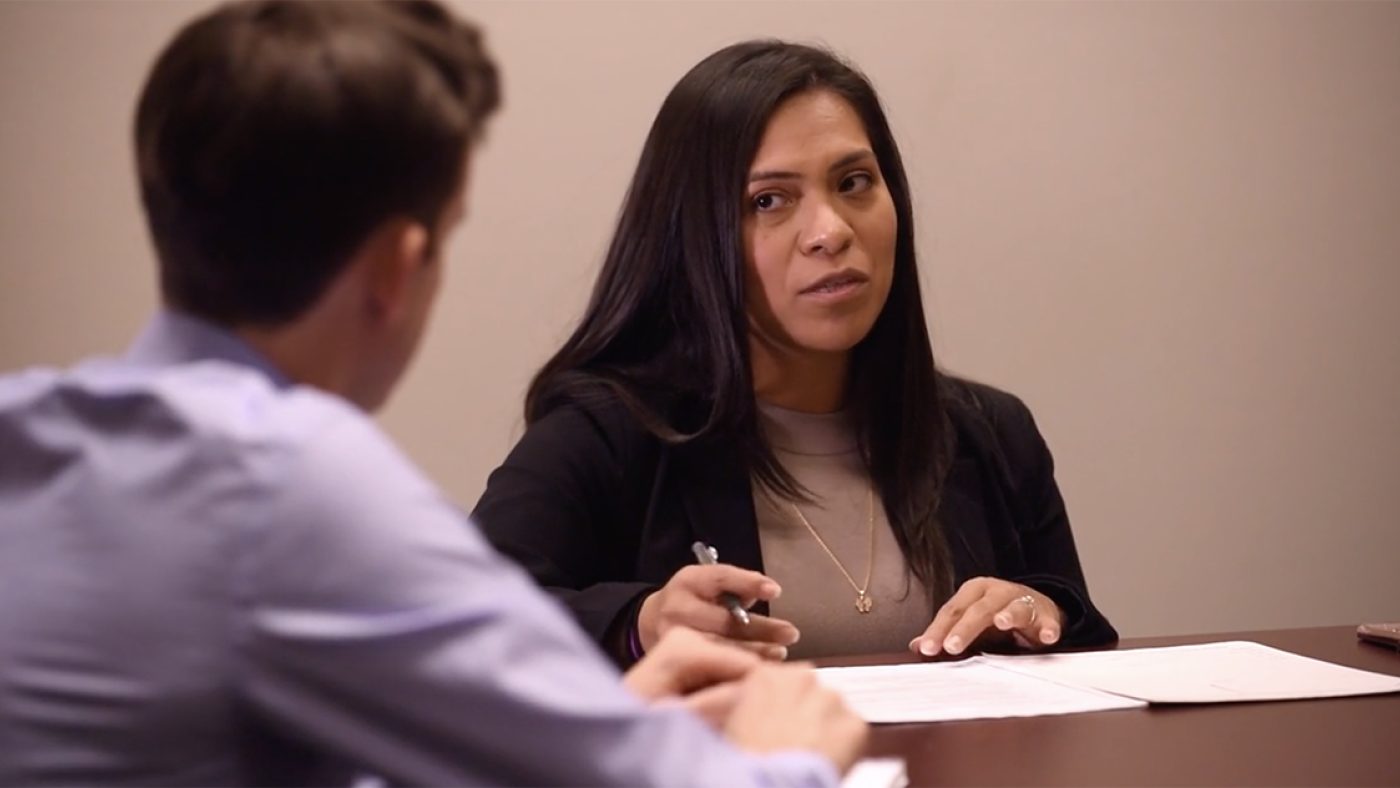Advance in a Rapidly Growing Career Field
Dominican University’s dual-degree program will prepare you for a wide range of career opportunities where you will lead social change in Chicago and beyond.
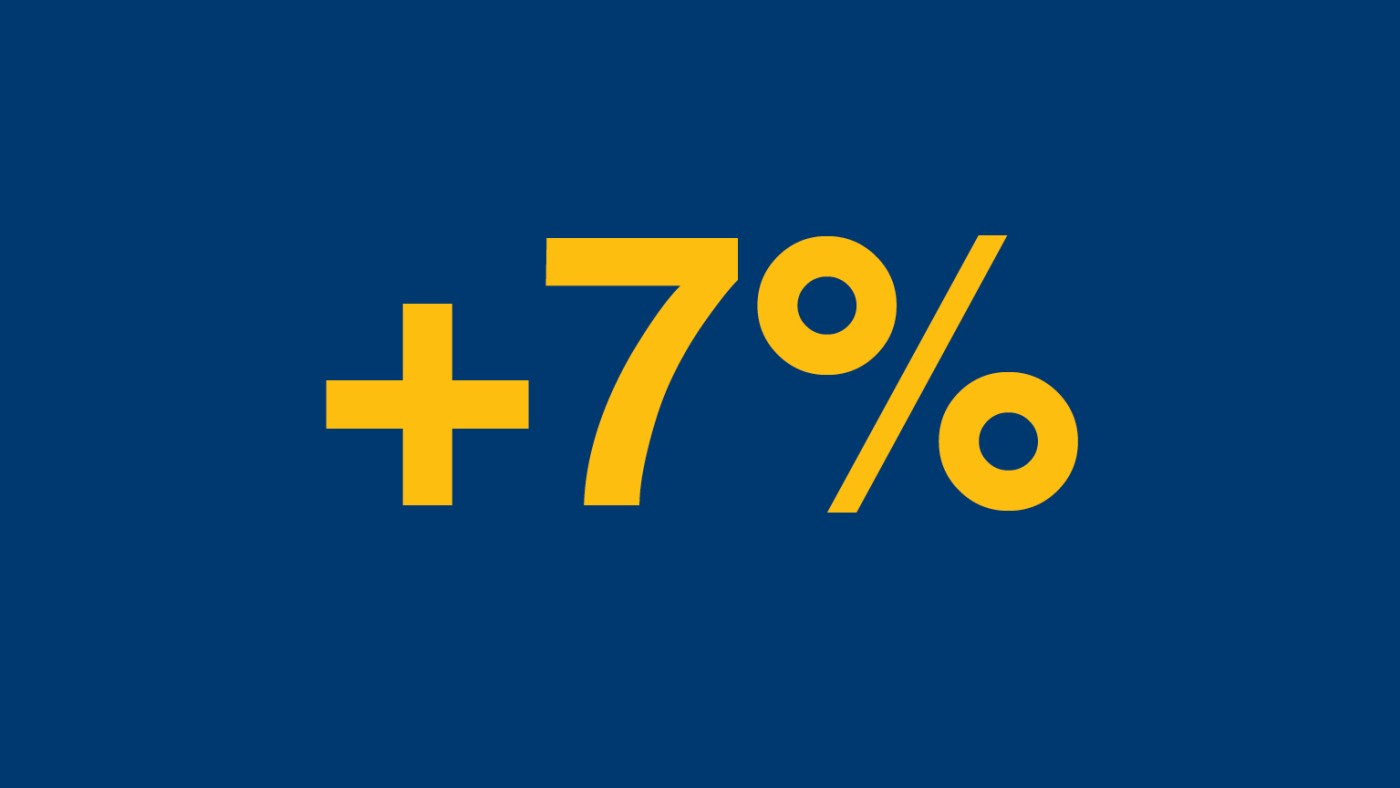
Continued Growth
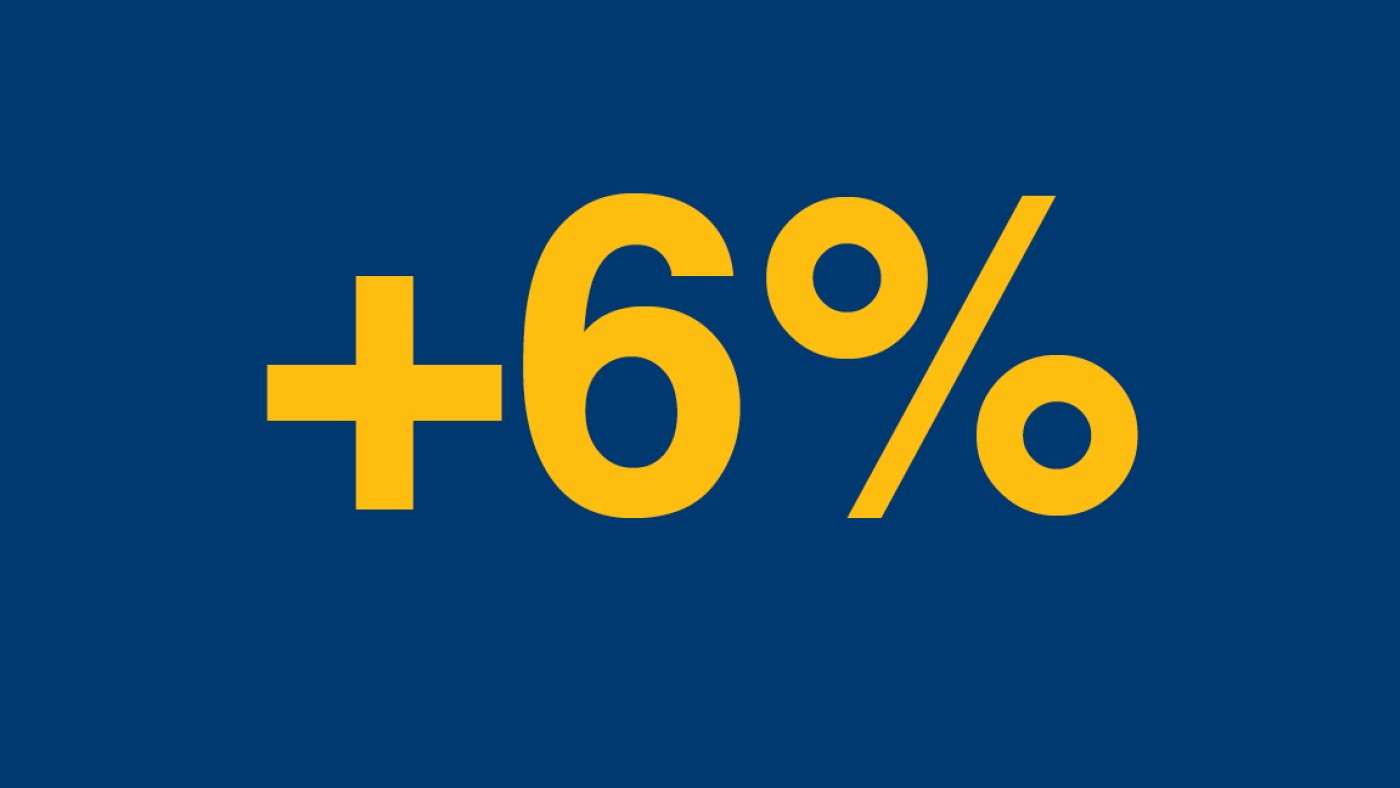
Rising Employment
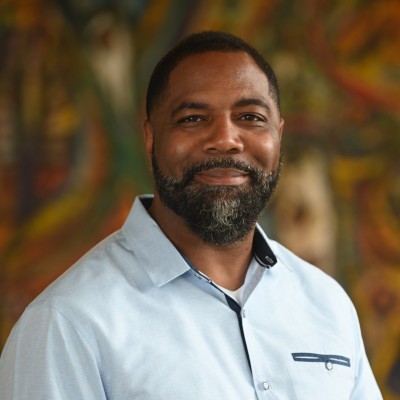
Testimonial
Being here at Dominican, I was able to develop the skills that I needed to go out in the workforce and become a social worker. And at Dominican, they are preparing a whole-new generation of world-changers.”
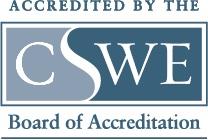
Accreditation
The Master of Social Work program is accredited by the Council on Social Work Education’s Board of Accreditation.
Accreditation of a baccalaureate or master’s social work program by the Council on Social Work Education’s Board of Accreditation indicates that it meets or exceeds criteria for the assessment of program quality evaluated through a peer review process. An accredited program has sufficient resources to meet its mission and goals and the Board of Accreditation has verified that it demonstrates compliance with all sections of the Educational Policy and Accreditation Standards.
Accreditation applies to all program sites and program delivery methods of an accredited program. Accreditation provides reasonable assurance about the quality of the program and the competence of students graduating from the program.
